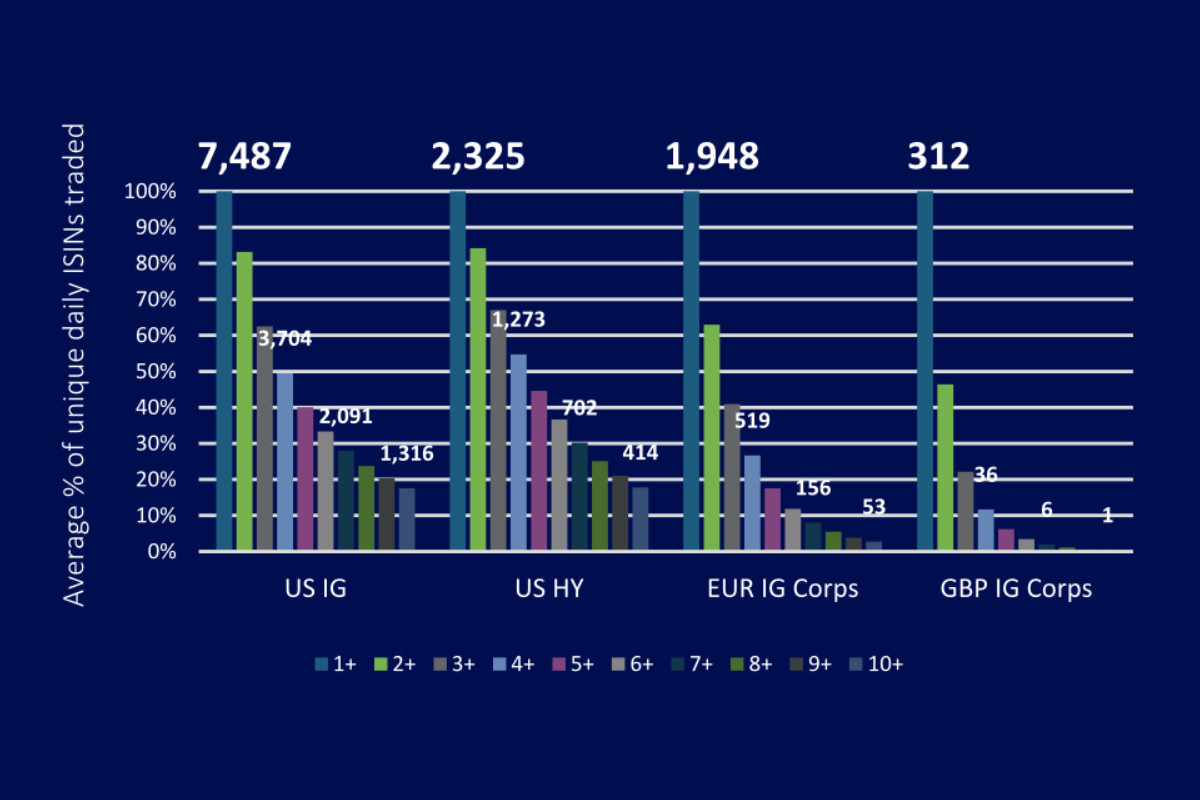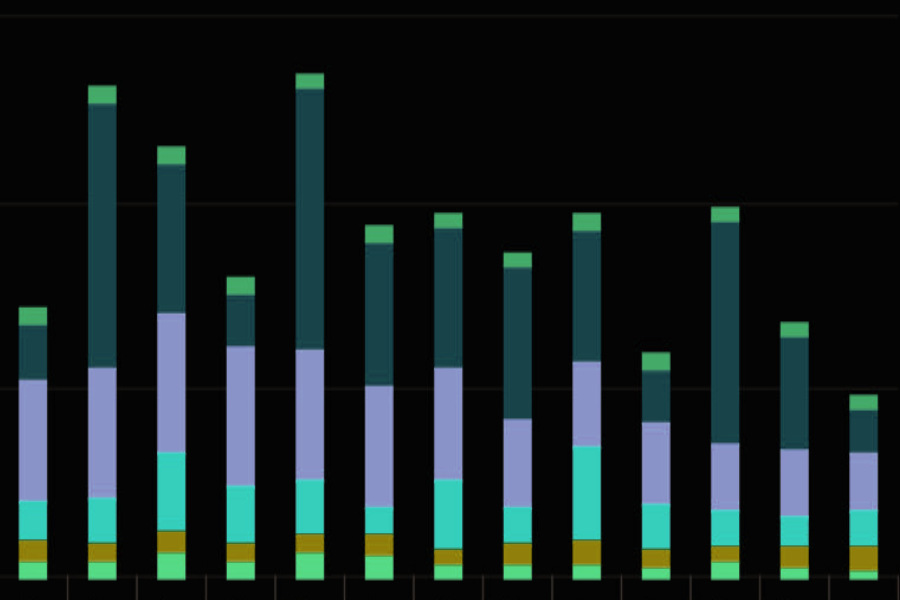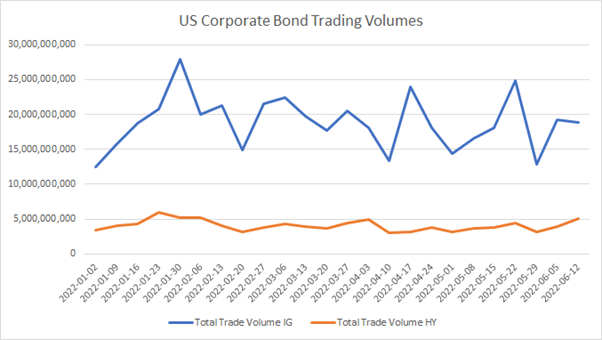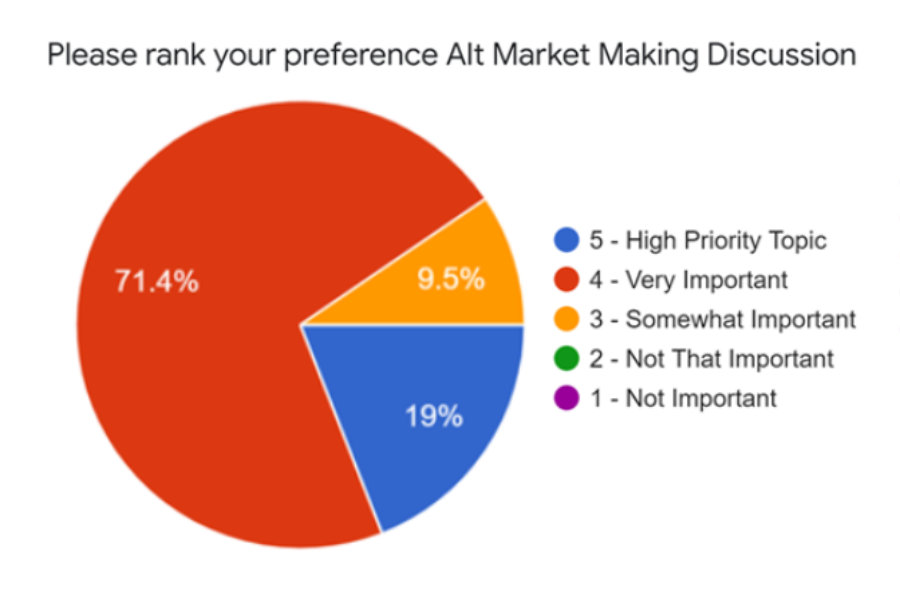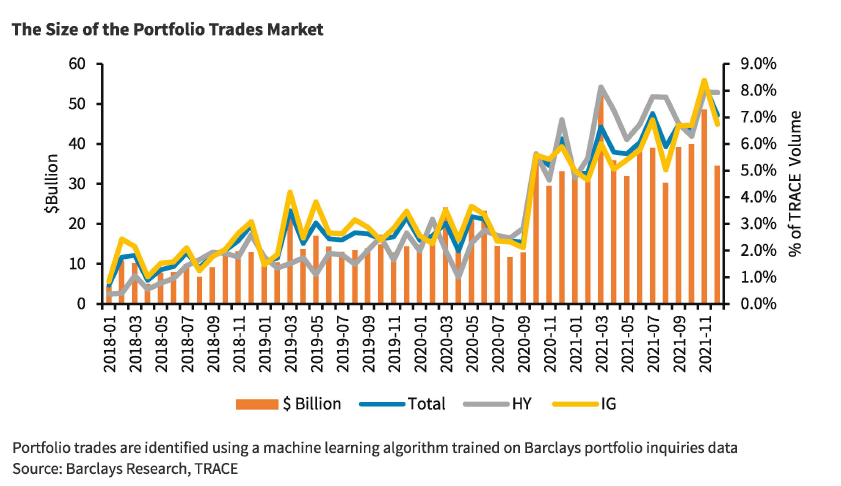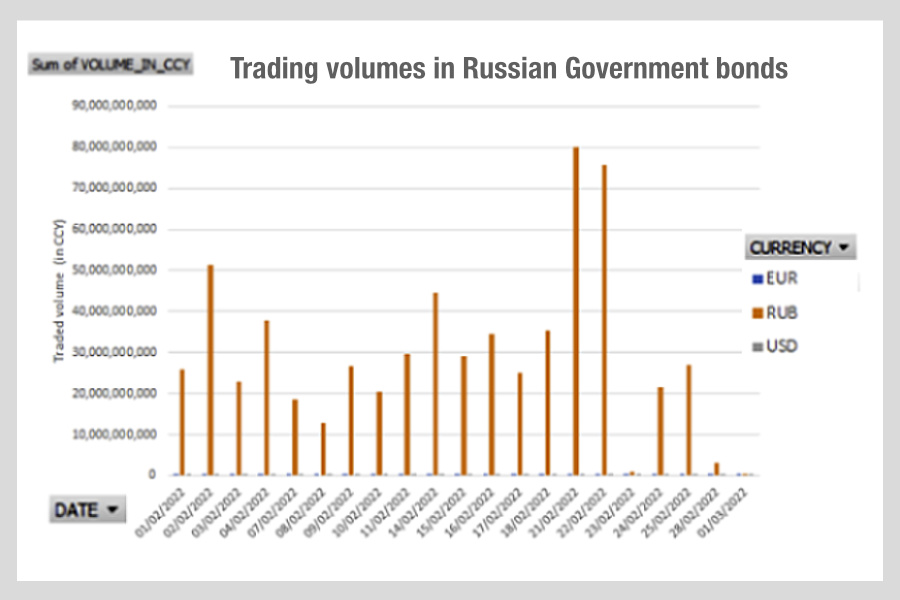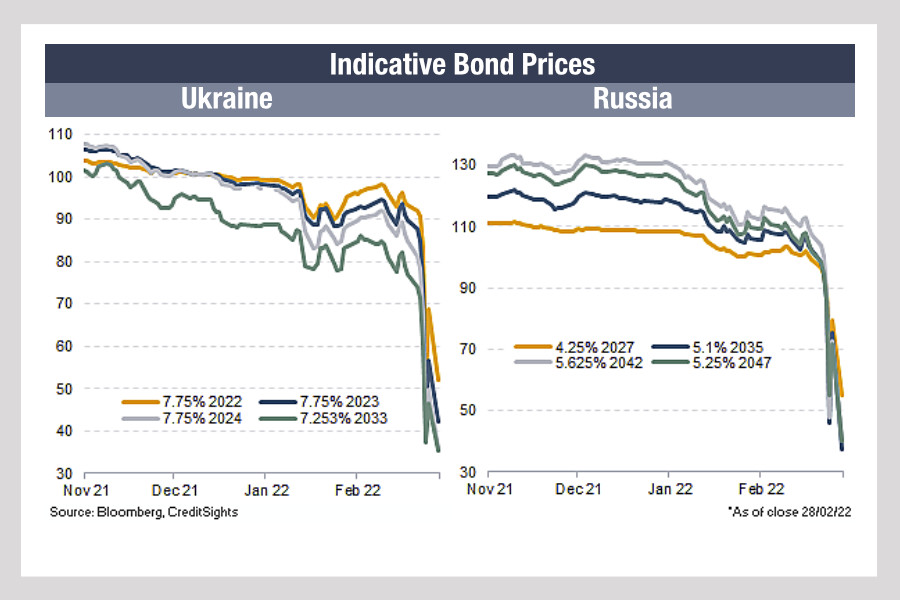Bloomberg has had its case for the US Securities and Exchange Commission (SEC), to provide an analysis of the costs for a primary bond market database, supported in an opinion issued by US DC Circuit Judge Robert Wilkins, while having its further arguments against the project rejected.
 Judge Robert Wilkins.
Judge Robert Wilkins.
The case, Bloomberg LP v. SEC, was brought by Bloomberg and argues against the SEC’s decision to approve new reporting requirements proposed by the Financial Industry Regulatory Authority (FINRA), affecting underwriter members in the corporate bond market.
Based on an initial proposal by the SEC’s Fixed Income Market Structure Advisory Committee (FIMSAC), FINRA represented to the SEC that “market inefficiencies in the corporate bond market reduce market participation, decrease liquidity, and increase transaction and opportunity costs.”
The solution proposed by FINRA on 27 March 2019, was to consolidate and provide market-wide access to core reference data for new issues of corporate bonds through a subscription-based service. The establishment of a consolidated fee-based data service “would provide market-wide access to new issue reference data” with “certain data elements – those sufficient to identify the security accurately – to be reported before the execution of the first transaction, and all remaining data elements to be reported within 15 minutes of the time of execution of the first transaction.”
Several firms and industry bodies voiced objections, with Bloomberg suggesting that it was “questionable whether a single [self-regulatory organization] would provide more accurate, complete and timely service than competing private sector providers” and arguing that FINRA provided no evidence that its proposal would reduce broken trades and errors. It also argued that errors in a centralised system would be magnified, and echoed feedback from the US Chamber of Commerce’s Center for Capital Markets Competitiveness that FINRA’s proposal would increase regulatory and liability burdens for underwriters without any clear benefit, adding that it would disproportionately impact smaller underwriters. Bloomberg also said FINRA’s proposal was “antithetical to the most foundational principles of administrative law and cost-benefit analysis” because it failed to quantify the direct and indirect costs of its proposed service or explain why certain costs could not be quantified and noted self-regulatory organisations should not be “permitted to ignore regulatory burdens in this manner [or] agencies could propose laudable programs heedless of their price-tags, seek their provisional approval without respect to cost, and then—once established—propose a fee that was by now necessary to sustain an already approved program.”
The SEC ultimately approved FINRA’s proposal in January 2021, while deciding that concerns about potential burdens on competition were unsupported and noting that market participants could subsequently get broad, uniform access to corporate bond reference data before the first transaction in a new-issue bond in a standardised way.
On 15 March 2021, Bloomberg filed a petition to the US Court of Appeals, District Court of Columbia, to review the Commission’s January 2021 order, contending that the SEC:s decision should be vacated as arbitrary and capricious.
Judge Wilkins ruled that the SEC “In this case, the Commission’s failure to respond to relevant and significant comments about the direct and indirect costs of FINRA’s proposed data service was sufficient to render its decision arbitrary and capricious.”
However, he found against Bloomberg’s other objections, writing, “All in all, Bloomberg’s argument that FINRA’s data service will impose an unnecessary burden on competition lacks merit,” he noted in his opinion. “First, Bloomberg mischaracterises FINRA’s proposed data service as a competitive endeavor that will displace incumbent data vendors, and not a supplementary service that will foster competition and improve efficiency and timeliness in the reference data market. Also, Bloomberg overlooks the existence of underwriters’ existing data reporting processes, which make continued data collection ‘less burdensome than if new processes had to be established.’”
“Given the narrow scope of FINRA’s proposed amendment to Rule 6760(b) and significant evidence of a potentially positive impact on competition in the corporate bond market, including input from diverse market participants with expertise in the corporate bond market, we hold that the Commission concluded appropriately that ‘the limited set of data proposed to be reported and disseminated to allow for the identification, valuation and settlement of new issue corporate bonds is unlikely to supplant the demand for a more comprehensive reference database’ … it will impose only a limited, justifiable burden on competition.”
Addressing Bloomberg’s final two arguments—that the SEC failed to weigh the proposed rule’s costs and benefits and arbitrarily allowed FINRA to evade review of the fee component of its data service, he rejected Bloomberg’s argument that the SEC arbitrarily allowed FINRA to evade review of the fee component of its data service as “[The] proposed fee is subject to public notice and comment and the Commission retains the authority to suspend FINRA’s fee-based service and order proceedings to assess whether the fee proposal is consistent with the Exchange Act.”
However, he noted he supported Bloomberg’s argument that the Commission’s decision to approve FINRA’s proposal was arbitrary and capricious, not because “the Commission failed to consider the costs FINRA will incur in building the system and the extent to which FINRA will pass along those costs to market participants, especially if FINRA’s data service is unreasonably expensive” but because the SEC’s failure to respond adequately to Bloomberg’s comments “rendered its decision arbitrary and capricious under the Administrative Procedure Act. Bloomberg raised relevant concerns about the direct and indirect costs of FINRA’s proposal, but the Commission brushed them aside. As such, the Commission’s decision was not the product of reasoned decision making.”
The remedy that Judge Wilkins voiced was to remand the Commission’s order approving the proposal, without vacating the order, based on the likelihood that ‘deficiencies’ in an order can be redressed on remand.
“First, we find that on remand, ‘the Commission can redress its failure of explanation’ by analysing the costs FINRA will incur in building and maintaining its data service and how the costs of building the data service will be remunerated if the fee proposal is ultimately disapproved by the Commission. Second, we find that vacatur of the order would ‘needlessly disrupt’ the Commission and FINRA’s efforts to address market inefficiencies resulting from untimely, inconsistent, and inaccurate collection and dissemination of new issue reference data in the corporate bond market.”
©Markets Media Europe 2022


























